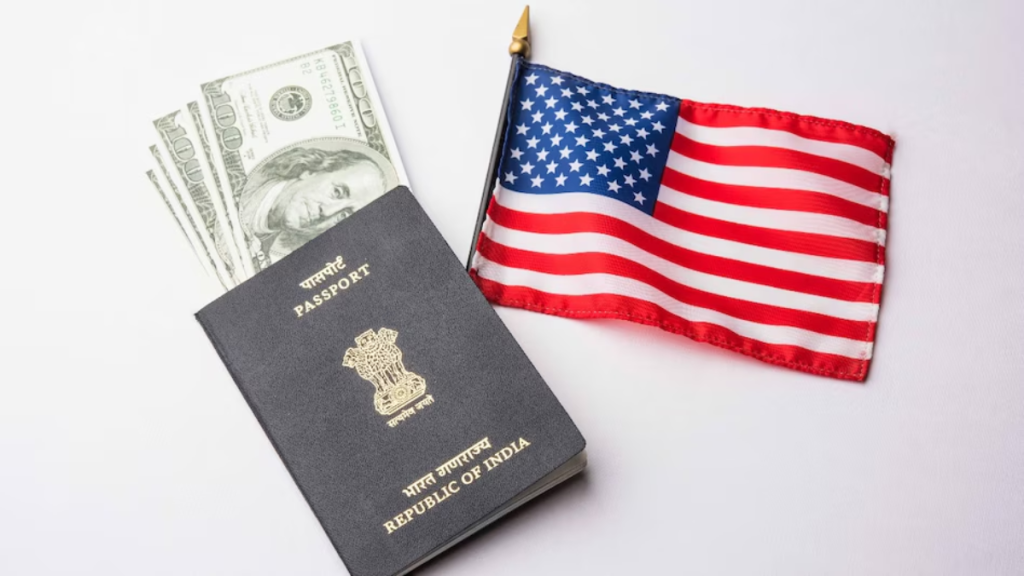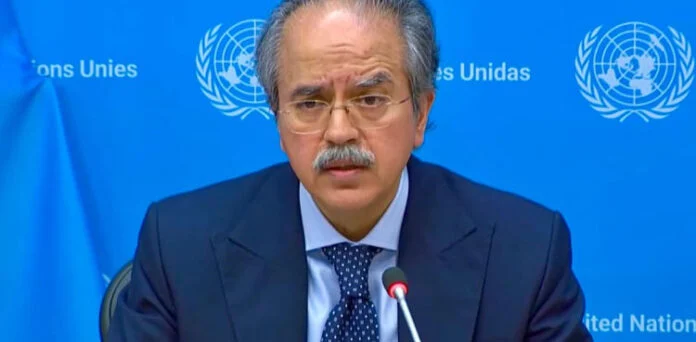
When 25-year-old Charan, a Master’s student from Telangana, discovered in early April that his SEVIS record had been terminated, he panicked. Although the issue stemmed from a minor disagreement with a housemate that never led to formal charges, he feared possible detention or deportation. Acting quickly, he left Texas and returned to Hyderabad. Just ten days later, his SEVIS — the Student and Exchange Visitor Information System — status unexpectedly changed back to “active.”
SEVIS is a federal system that monitors the legal standing of international students in the United States. A termination typically marks a student as “out of status,” often raising serious concerns about legal consequences. Toward the end of April, however, SEVIS records for dozens of students — many of them Indian — began to be restored, even in cases involving minor or dismissed infractions.
Although the reversal provided some reassurance, it did not resolve the complications faced by students who had already departed the U.S. Once a visa is revoked, it remains invalid and must be reapplied for, requiring a new application and interview. According to the American Immigration Lawyers Association, Indian nationals represent nearly half of the 327 F-1 visa revocations seen in recent months. Immigration attorneys believe the reinstatements were prompted not by policy changes but by legal pressure following a wave of lawsuits.
Rahul Reddy, an immigration lawyer based in Houston, noted that SEVIS terminations affected students even for trivial offenses, including jaywalking. He emphasized that although courts pushed for SEVIS corrections, the visa revocations were never formally contested and thus remain in effect.
Students caught in this situation include those on Optional Practical Training (OPT) and others recently selected for H-1B visas. Many say they were urged to leave the country by university advisors or online influencers warning of possible action by Immigration and Customs Enforcement (ICE).
One 26-year-old woman from Hyderabad, who had completed her Master’s at Cleveland State University, left the U.S. after her SEVIS was terminated and visa revoked due to a shoplifting charge that was later dismissed. She has not yet told her family about her situation. In another case, a 27-year-old student on STEM OPT was accused of selling alcohol to a minor. Though his SEVIS record was eventually reinstated, his visa remains revoked.
The U.S. State Department acknowledged the divide between SEVIS and visa processes, explaining that SEVIS is overseen by the Department of Homeland Security, while visas fall under the Department of State. Therefore, a SEVIS reinstatement does not automatically lead to the reinstatement of a visa.
This bureaucratic division has left many students stranded in their home countries, unable to return to the U.S. despite having valid legal status in the SEVIS system. With no clear guidance, students must now choose whether to reapply for visas, wait indefinitely, or consider joining legal actions.
Charan and others like him are struggling to cope with the uncertainty. He expressed deep frustration at being penalized despite following the rules. For many, the emotional toll is as heavy as the legal one.




















